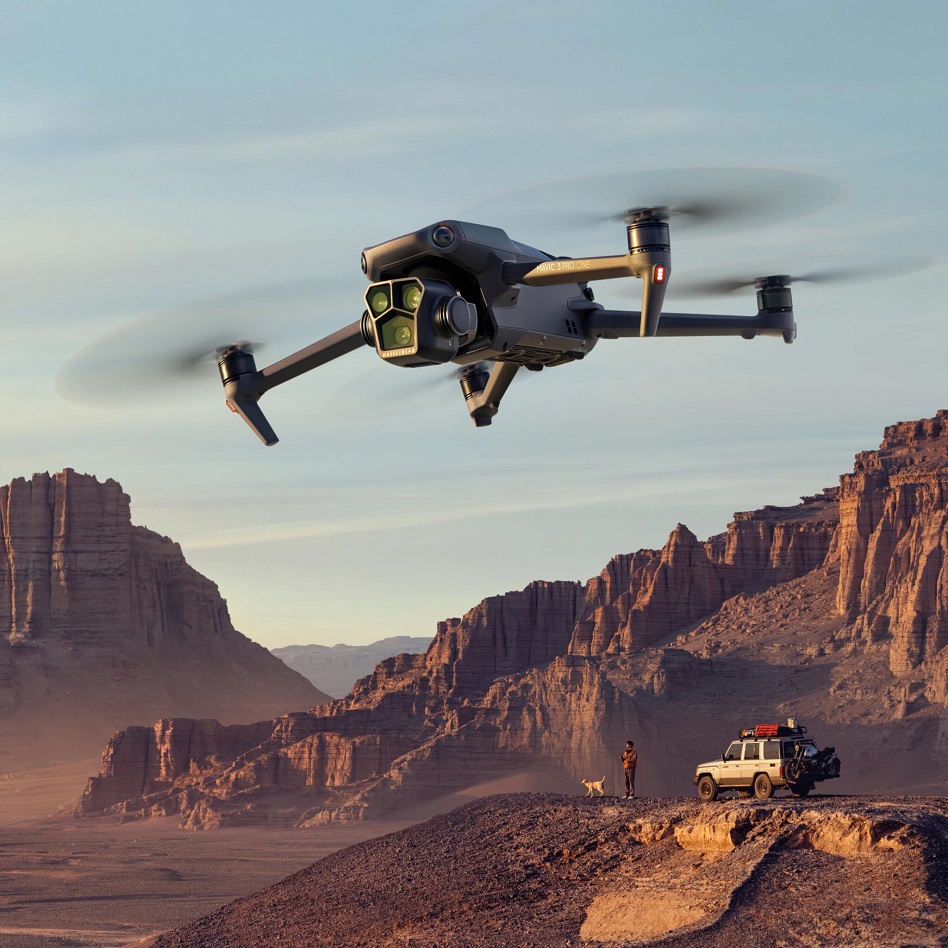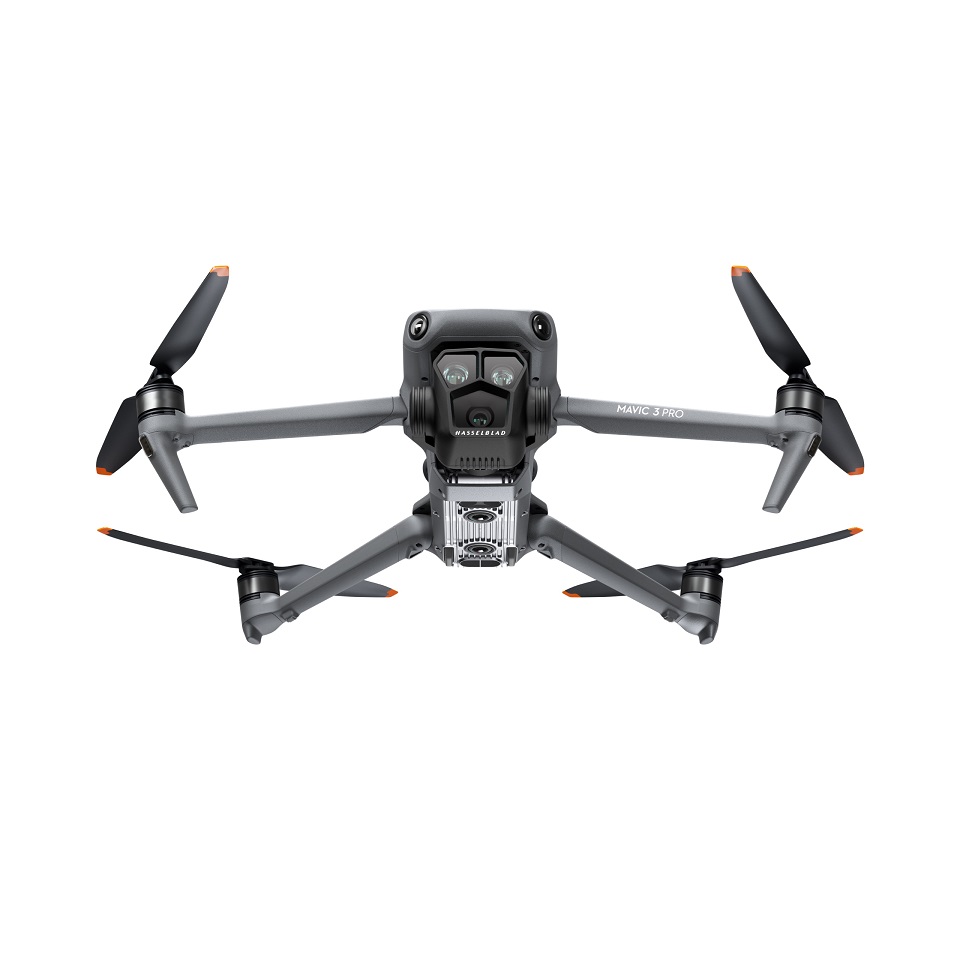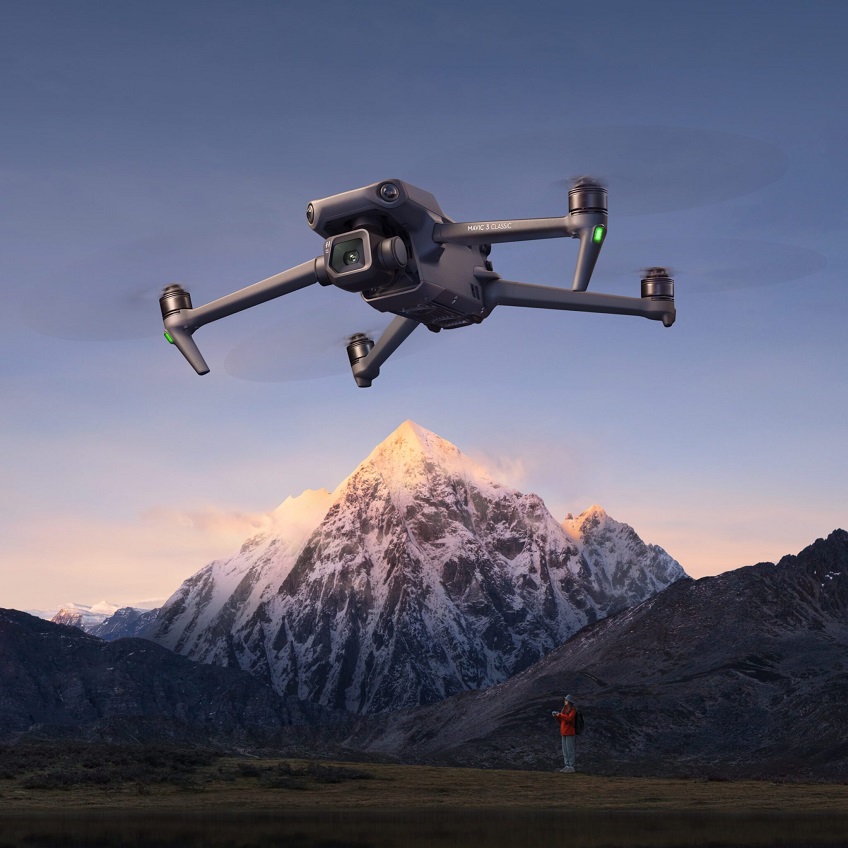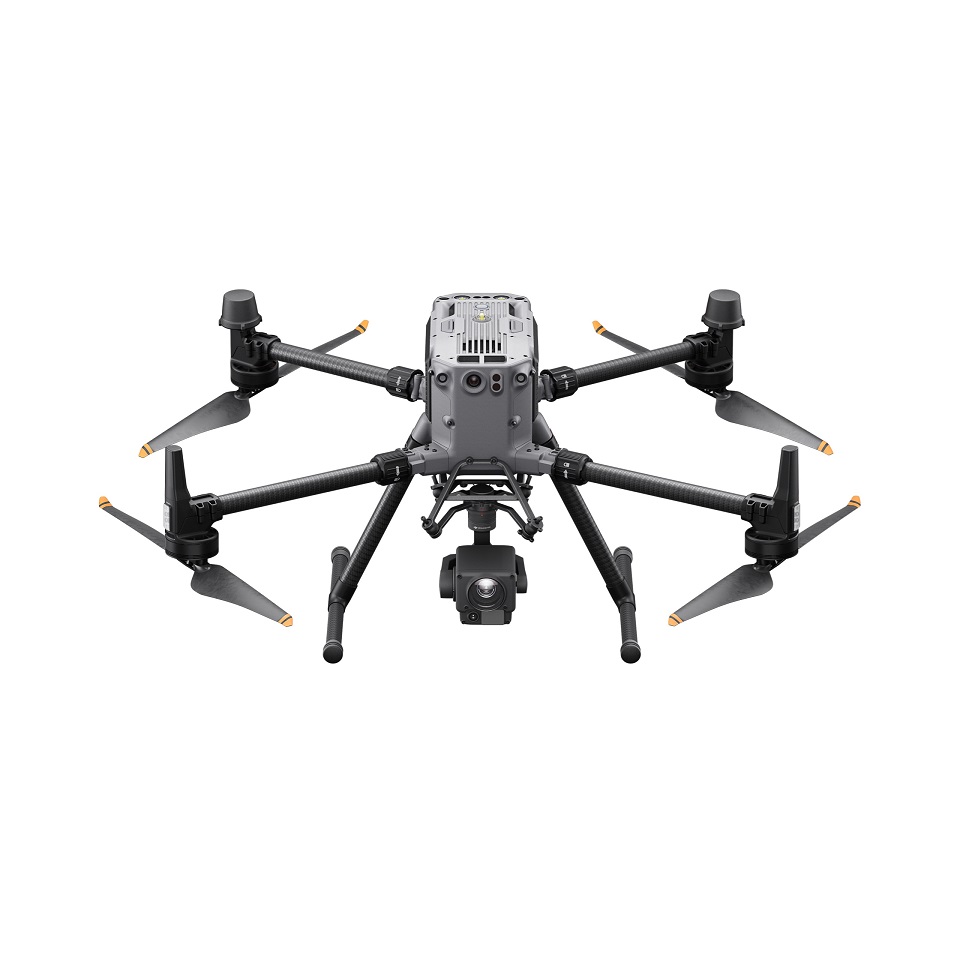Background of the Proposed DJI Ban Legislation
The DJI ban legislation emerged in the US House of Representatives. They included it in the National Defense Authorization Act. This Act moves through Congress each year. The bill targets drones deemed a risk, particularly those from DJI. Lawmakers claim these drones pose a security threat. They argue that foreign-made drones can send data back to adversarial nations.
The Countering CCP Drones Act is the specific part affecting DJI. It aims to restrict the sales of drones in the US. This segment of the bill suggests a link between DJI drones and security concerns. It focuses on drones that might transmit information to the Chinese government. DJI, a Chinese drone maker, denies these allegations.
After passing the House, the bill heads to the Senate. There it will undergo amendments and votes. If the Senate approves the legislation, it progresses to President Joe Biden. He would need to sign it to make it law. The DJI ban could reshape the drone market and affect consumers. It could have a wide-reaching impact beyond just DJI. Other drone makers could face similar scrutiny.
The proposed DJI legislation is controversial. It raises issues of data privacy, political tensions, and economic impacts. DJI has criticized the bill, calling the allegations baseless and xenophobic. The company defends its record on user data security. They state that policies should not be influenced by unfounded fears. Supporters of the bill stress the importance of national security. These conflicting views set the stage for a heated debate on the future of drone sales in the US.

Arguments Against the DJI Ban by the Company
DJI, a leading drone maker, has spoken out against the proposed US ban. The company calls the allegations behind the ban ‘baseless’ and ‘xenophobic’. They argue the bill could unfairly damage their business and reputation. DJI insists there is no evidence that it mishandles user data. Instead, they maintain a strong commitment to data security.
DJI warns the ban could harm public safety. The company’s drones serve many purposes beyond photography. They assist with disaster relief and agriculture, among other tasks. Banning DJI drones could limit these beneficial uses.
The economic implications are also concerning. DJI suggests the ban could hurt the US drone market. It could lead to job losses and hinder technological innovation. DJI’s presence in the market supports competition. This competition drives better products and prices for consumers. Removing DJI could disrupt this balance.
In its defense, DJI emphasizes the international nature of tech companies. Many companies manufacture parts overseas but operate within US laws. DJI holds that it should not face discrimination based on its country of origin. The company believes policies should be fact-based. They should not root in unfounded fear or prejudice.
DJI remains hopeful that US policymakers will see reason. They urge a fair assessment based on facts and the protection of global trade relationships. DJI’s argument underlines how a ban could set a precedent that affects not just their company but the entire drone industry.
Implications of the Ban on Public Safety and the Economy
The proposed dji ban has significant implications for public safety and the US economy. The importance of drones in various sectors cannot be understated. Their use in emergency response, like natural disaster management, has proven invaluable. Drones provide real-time data, assist in search and rescue operations, and deliver essential supplies to remote areas. A ban could hamper these critical applications, affecting lives and property during emergencies.
Economically, the ban could disrupt the drone market. DJI is a major player with a significant market share in the US. Their removal could lead to job losses, particularly in retail and drone-based services. The absence of DJI’s competitive pricing may result in higher costs for consumers and businesses that rely on drones. Innovation could slow down as the competition diminishes. Other companies may hesitate to invest in new technologies, fearing potential bans.
The dji ban could also influence US-China trade relations. Drones are just one aspect of technology trade between the two countries. A ban could trigger reprisals in other sectors, impacting a wider range of businesses. It might set a precedent, encouraging similar actions against other foreign tech companies. This could, in turn, constrain global trade and hurt international relations.
As DJI points out, these measures based on allegations, rather than conclusive evidence, may impact sectors beyond their own. It forces a conversation on how security concerns should weigh against economic and public service benefits. The company argues for a more nuanced approach that could protect national security without undermining public safety or the economy. Legislators are now faced with balancing these aspects to avoid unintended consequences.
DJI’s Commitment to User Data Security
DJI has consistently maintained a strong stance on user data security. The company claims to uphold high standards in protecting users’ information. DJI rebuts allegations that their drones relay data back to China. They state their data practices comply with user privacy laws. The dji ban stems from concerns about potential data misuse. DJI wants to clear its name of these suspicions.
The drone maker assures their systems are secure. They use encryption and other measures to safeguard flight data. DJI argues that their products do not pose a risk to national security. The company invites scrutiny and is open to third-party audits. It believes an open approach will prove their commitment to privacy.
DJI understands the role of trust in their industry. They work to address concerns through transparency and accountability. DJI continues to enhance security features to keep users’ data protected. The company commits to adhering to international standards for data safety. DJI’s statement after the proposed US sales ban shows this commitment.
By reinforcing their dedication to security, DJI aims to influence legislative decisions. The company hopes evidence and a reasoned approach will lead to a fair outcome. It underscores the significance of distinguishing security risks from unfounded fears. DJI believes the latter should not dictate policy making or hinder commerce.
In summary, DJI places a high priority on data security and privacy. They stand firm against the dji ban allegations. The company hopes for a resolution that preserves its market presence. They also aim to protect the interests of their customers and the broader drone industry.
The Legislative Process and the National Defense Authorization Act
The DJI proposed ban is part of the National Defense Authorization Act (NDAA). The NDAA is critical to US national defense policy. It outlines military budgets and expenditures. Each year, Congress reviews and updates it. The bill often includes new regulations affecting defense-related activities.
The legislative process begins in the House of Representatives. There, lawmakers debate and vote on the bill. The discussions this year have included concerns about drones. The Countering CCP Drones Act is a key addition. It targets drones, like those from DJI, for potential ban.
After approval in the House, the bill moves to the Senate. Senators can suggest changes. The legislation goes through more debates and revisions. The process allows for thorough review. This ensures that new policies fit US national security needs.
Following discussions, the Senate votes on the bill. If it passes, the next step is the President’s desk. President Joe Biden must sign it to make it law. The entire process is complex. It includes many checks and balances.
DJI now faces uncertainty as the NDAA progresses. The proposed DJI ban is far from final. The Senate’s stance will be crucial. Approval there may lead to a significant shift in the drone industry. For DJI, the NDAA represents a critical juncture. They are actively voicing their concerns throughout this process.
In short, the NDAA’s legislative journey is key to the fate of the DJI ban. It reflects a wider debate on security versus economic and innovation impacts. The outcome will be crucial for DJI, the drone industry, and US-China relations.
Potential Impact on Drone Industry and Consumers
The looming dji ban could shake the drone industry’s foundations. If the ban passes, the effects will touch every corner of the market. From manufacturers to hobbyists, the consequences could be far-reaching. Let’s examine the potential impacts in more detail.
For the Drone Industry: DJI’s potential exit from the US market could disrupt supply chains. It might cause a ripple effect, hitting small businesses and ancillary industries hard. With DJI’s innovative edge removed, the pace of advancement in drone tech could slow down.
On Competition and Prices: Consumers have benefited from DJI’s competitive prices and product quality. Without their presence, prices for drones could increase. Other manufacturers might lack DJI’s motivation to push boundaries, resulting in higher prices for inferior products.
Job Losses: Retailers specializing in DJI products could face economic strain. Job losses are a real possibility. It’s not just direct sales; think of drone repair technicians and custom accessory creators.
Impact on Services: For consumers who depend on drones for services, such as photography, mapping, or agriculture, options may narrow. Reduced availability could stall operations that rely on drone technology.
Hobbyists and Enthusiasts: The drone flying community could lose out on DJI’s latest tech. This ban could limit their access to high-quality drones, affecting their passion and pursuit of drone-related activities.
These possibilities hint at the extensive consequences that the dji ban entails. For an industry built on innovation and consumer choice, the proposed legislation could mark a significant setback. DJI’s presence in the market doesn’t just define its own success – it influences the entire landscape where numerous stakeholders stand to lose or gain, based on the outcome.
DJI’s Next Steps and Possible Outcomes
As the dji ban legislation advances, DJI plans its response. The company’s next steps are crucial. DJI is likely to continue its strong push against the ban. They may lobby policymakers for a fair review. DJI’s focus will be to disprove security threat claims. The company may also seek to boost its data security image. They could increase transparency and engage with third-party auditors.
Possible outcomes of the situation vary. One scenario could see the ban not passing. DJI would then preserve its market share and reputation in the US. Another outcome might involve a modification of the ban. It could permit DJI’s operations with strict regulations. Finally, if the ban is enacted, DJI could look for other markets. Or, they might innovate to meet new regulatory requirements.
The drone industry watches closely. Other players prepare for the potential market shift. Consumers could see a change in available products and services. An official decision will affect everyone involved, from producers to end-users. DJI’s story is far from over. The coming months will reveal the full impact of the NDAA’s decisions.


